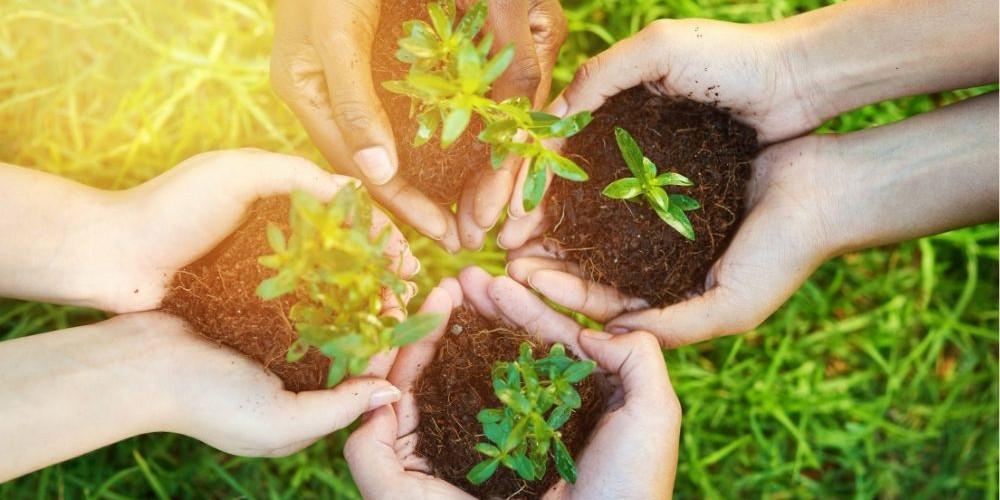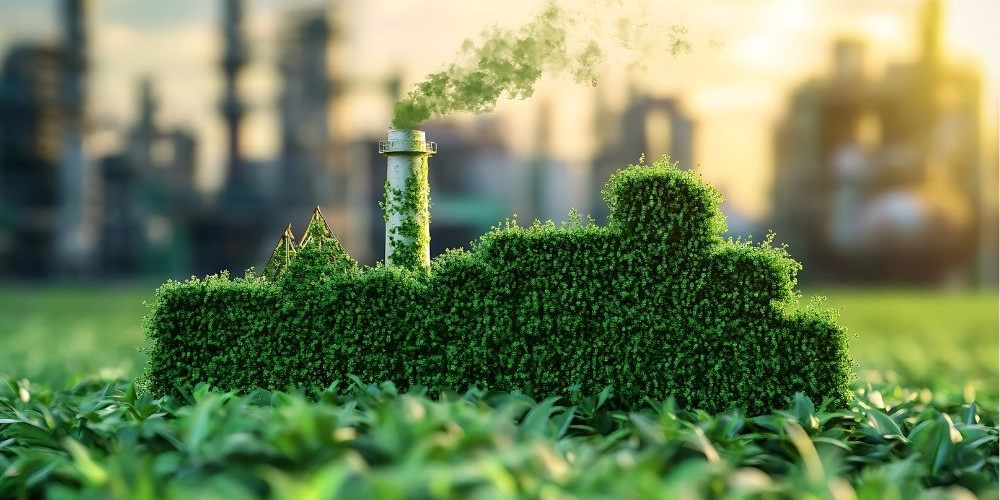The idea that “waste” is useless is outdated. In today’s world, waste is being redefined as a resource, sparking a movement that transforms discarded materials into new value. This shift is the essence of the circular economy—a system designed to keep resources in use for as long as possible, extract their maximum value, and regenerate them at the end of their lifecycle.
Instead of the old linear model of take–make–dispose, the circular economy embraces a smarter approach: reduce–reuse–recycle–regenerate. And it’s not just a theory—companies across industries are already turning waste streams into wealth streams.
Why the Circular Economy Matters
- Resource Efficiency: With natural resources under pressure, reusing materials helps reduce dependence on finite supplies.
- Economic Growth: Circular models open new markets and business opportunities, from recycled textiles to renewable construction materials.
- Environmental Impact: Less waste in landfills and reduced carbon emissions mean healthier ecosystems and communities.
- Resilience: Businesses that adopt circular solutions can better adapt to supply chain disruptions and resource shortages.

Real-World Examples of Waste Becoming Wealth
- Fashion: Old garments are recycled into new fabrics, reducing the need for virgin cotton and polyester.
- Construction: Demolished concrete is crushed and reused, lowering both costs and environmental impact.
- Food Industry: Organic waste is converted into bioenergy or natural fertilizers, closing the loop in food production.
- Technology: Electronics are refurbished or mined for valuable materials, extending the lifecycle of devices and cutting e-waste.
The Business Case for Circular Economy Solutions
Adopting circular practices is no longer just “good PR.” It’s a competitive advantage. Forward-thinking companies are saving costs, winning customer loyalty, and aligning with stricter environmental regulations. Consumers are also more likely to choose brands that demonstrate real commitment to sustainability—making circular economy strategies both profitable and ethical.
Final Thoughts
The circular economy isn’t simply about recycling—it’s about redesigning the way we think about resources, growth, and responsibility. By shifting from waste to wealth, industries can create a future where business success and environmental sustainability work hand in hand. In this model, every discarded material has the potential for a second life—and every company has the chance to turn sustainability into opportunity.



